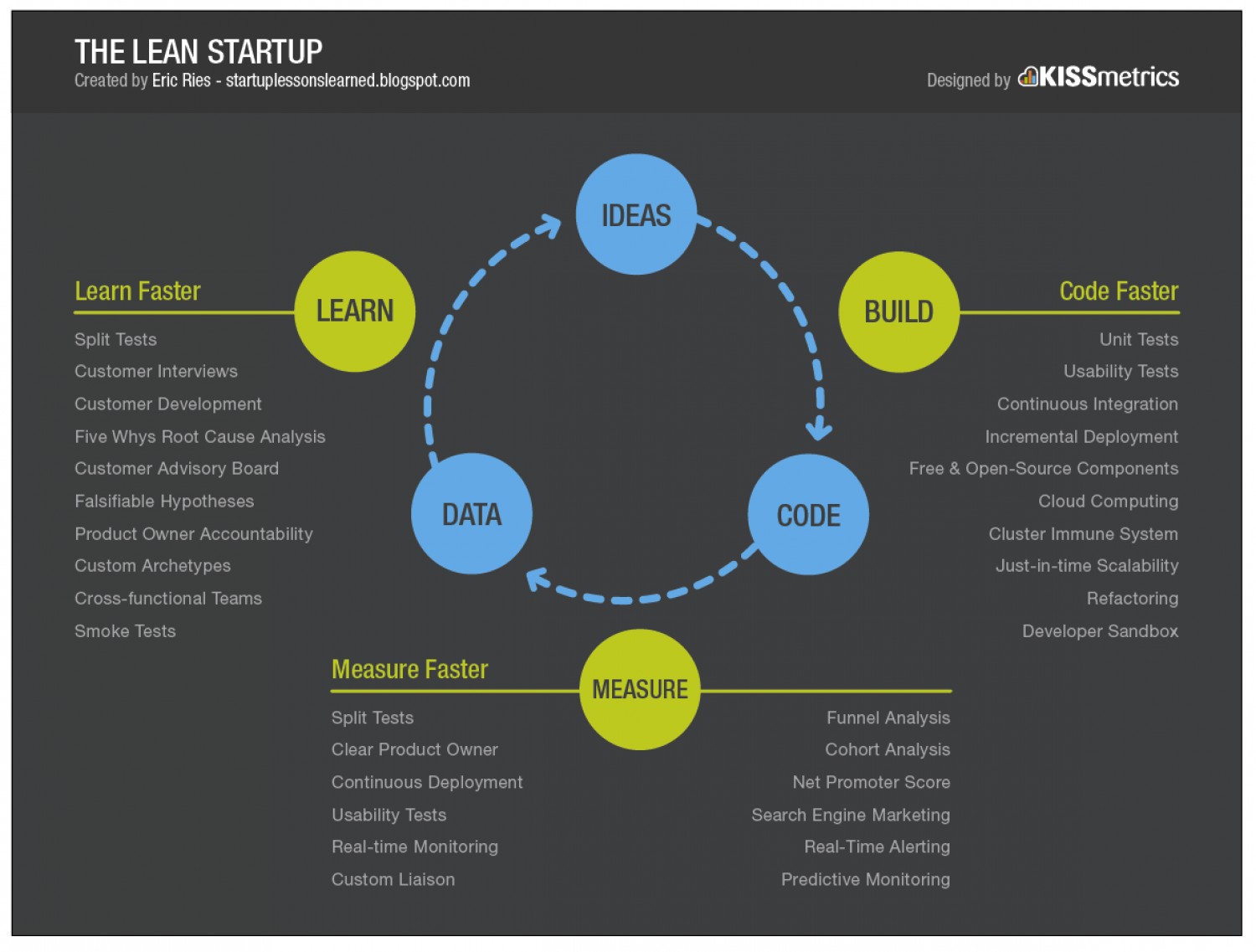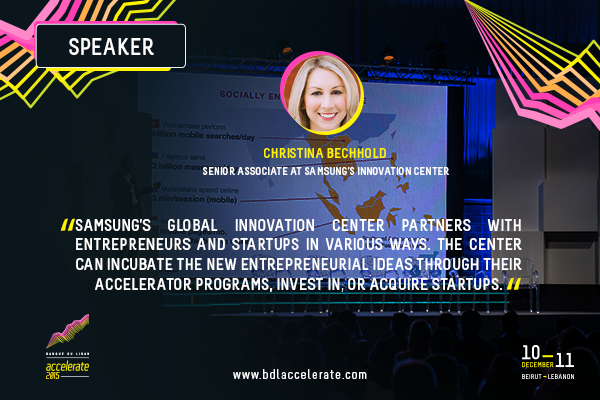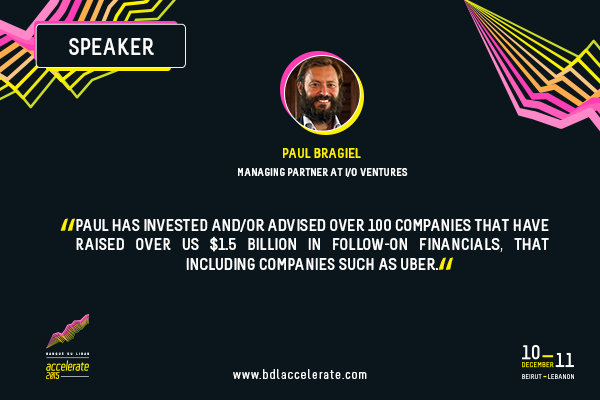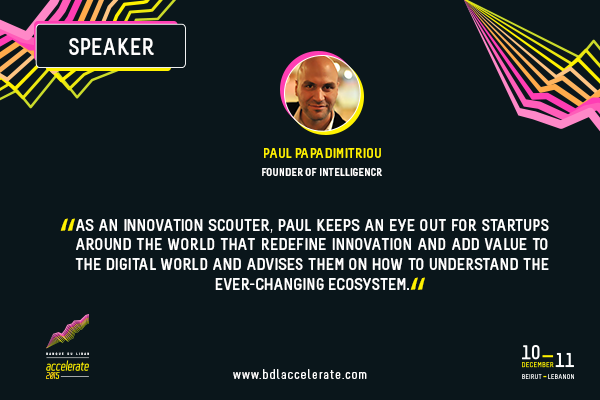Conventionally, the first thing every entrepreneur must do is create a business plan that entails a 5 year forecast for income, profits, and cash flow along with the size of an opportunity the service or product that the venture will provide. The belief is that it is possible to figure out the unknowns of a business in advance as well as the calculative risks before you raise money to execute the idea. Once the entrepreneur has developed a solid business plan with minimal risks, they would approach investors to obtain money, and then start developing the product. Thousands of hours would be invested to develop the product and prepare to launch it with very little or no customer feedback. It is only after the product is launched, months or years after development, that the venture would receive substantial customer feedback, and more often than not, learn that the customer does not need or want most of the product’s features.
Startups are not smaller versions of large companies that follow a master plan forecasting complete unknowns. One of the differences is that whilst businesses execute a business model, startups try to create one. Entrepreneurs tend to be visionaries with a stubborn determination to cross any obstacles to see their vision become a success. Successful startups usually go from failure to failure while adapting their features and improving their ideas by learning from customer feedback. This reality has fostered a popular startup methodology, ‘the lean startup’, which dramatically improves the efficiency and speed of these corrections and improvements and minimizes the risk of starting a company. Eric Reis, a Silicon Valley entrepreneur who, throughout his career, has experienced success and failure with high-tech startups, developed the lean startup methodology to help startups succeed.
Steve Blank is a successful serial entrepreneur who mentored Eric Reis, and it was his teachings on allowing customers to test product features and provide valuable feedback that resonated with Ries who would use this methodology as a cornerstone of the lean startup movement. Lean manufacturing, a Japanese production philosophy that minimizes inventory throughout the assembly line to avoid any expenditure that does not lead to a goal other than the creation of value for the end customer, inspired the lean startup philosophy.
Similarly to the principles of lean manufacturing, the lean startup philosophy seeks to eliminate inefficient and wasteful practices during the product development stage and to increase practices that add value. This increases the chances of a startup’s success by minimizing the required funding amount, and without requiring business plans or even the perfect product. Customer feedback is essential during the product development phase in the lean startup practice. By releasing a non-finalized minimum viable product, startups can use customer feedback to tailor their product to the specific needs of its customer. The purpose is to assess the specific needs of the consumer and to meet those needs using the least amount of resources possible. Favoring experimentation over elaborate planning, customer feedback over intuition, and iterative design over conventional design development, the lean startup methodology has taken root in the startup world and is now being taught in business schools. The methodology has changed the conventional wisdoms about entrepreneurship, and ventures around the world have been following its principles in an attempt to improve their chances of success.
Below is a brief overview of the lean startup methodology process: 1. Sketch out your hypotheses:
1. Sketch out your hypotheses:
Instead of spending months planning and researching and then writing a lengthy business plan, jot down your hypotheses in a framework called the ‘business model canvas’ (see image below). The business model canvas allows you to look at all 9 building blocks of your business on one page, each component containing a series of hypotheses you need to test.
 2. Listen to Customers
2. Listen to Customers
Lean startups use a ‘get out of the building’ approach using ‘customer development’ to test out their hypotheses. In this phase you go out and ask potential users, purchasers, and partners for feedback on all the business model elements. The feedback collected should be on features, pricing, distribution and customer acquisition strategies. Continue repeating this step as the product idea matures.
3. Quick, agile development
This is the stage in the process in which startups create the minimum viable products they test. Instead of traditional production that may last for months, agile development builds the minimum viable product only containing the critical features, in short and repeated cycles through gathering feedback from customers and revising.
In addition to the lean startup methodology being adopted by entrepreneurs around the world, and added to business schools’ curricula, it is being introduced by organizations and startup conferences around the world to thousands of potential entrepreneurs. The learn startup method will be introduced and practiced during workshops at BDL Accelerate 2015 which you can apply to attend.






